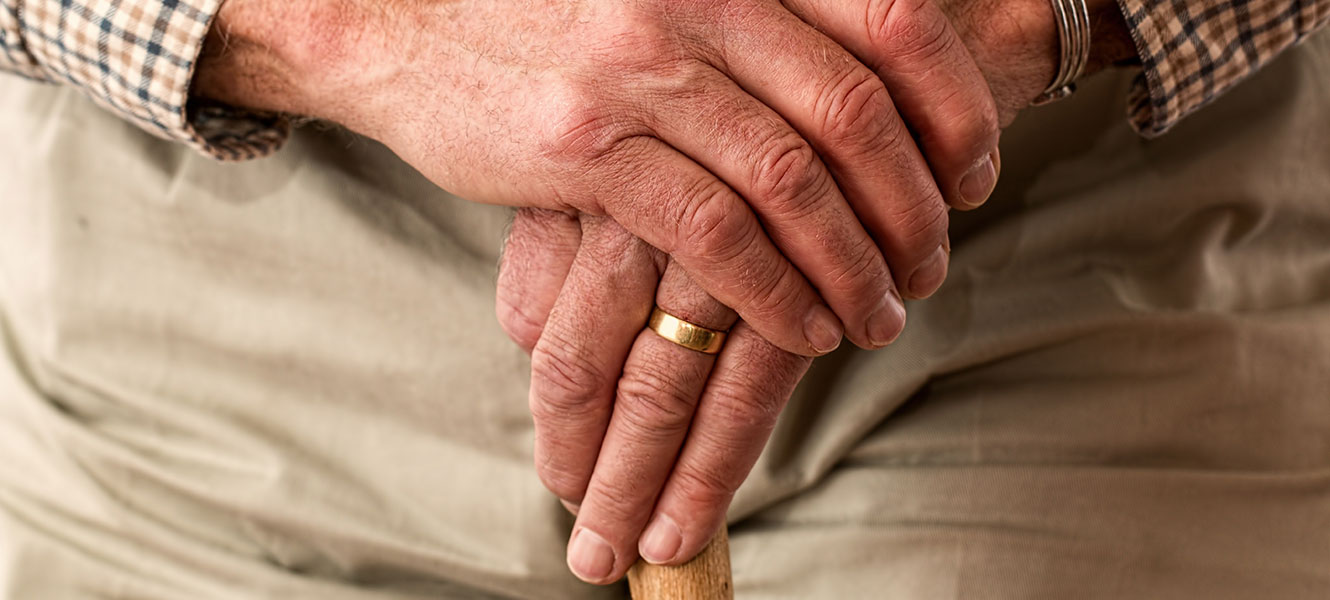
Top Tips for Keeping Elderly Relatives Warm in Winter Months
Elderly people are more vulnerable to the cold as the aging body is less able to preserve heat and circulate it around the body. If your elderly relative gets too cold, they can be at risk of heart stress, increased blood pressure, liver damage and hypothermia.
As the winter months draw in, we’ve put together some helpful advice for keeping your vulnerable relatives warm in cold temperatures.
Keep your elderly relative’s home warm
It is essential to keep your relative’s home properly during the winter months. Ensure that the boiler has been serviced ahead of winter and that radiators are in good working order.
Winter-proof the home by resealing doors and windows to stop drafts coming in and getting draft excluders to put under doors. To ensure that your elderly relative’s home is as energy-efficient as possible, you could invest in wall and loft insulation or double glazing to stop heat from escaping.
During cold periods, open curtains during the day to let sunlight in and close them as soon as it starts to get dark to prevent heat loss. You should also shut doors to unused rooms to keep much-needed heat in priority areas of the home.
Ensure your relative dresses for cold weather
Clothing is an important factor in how warm elderly people are when the temperature drops. Make sure that your loved one wears warm layers, including vests and thermals when it’s very cold, that can be easily removed if they get too hot.
For venturing outside, ensure that your relative wraps up warm in gloves, a scarf and hat. Elderly people should change out of damp or wet clothes immediately to prevent extreme coldness or even hypothermia.
Socks and slippers are essential for keeping feet warm, and a blanket over the legs can be used for some extra heat if necessary. If your relative suffers with coldness, electric blankets and hot water bottles can be a great investment to provide some additional warmth at night.
Check that your elderly relative is eating well and staying hydrated
A hearty diet with plenty of fluids helps to fuel the body’s natural thermostat. Encourage your relative to eat regular, healthy meals with plenty of carbohydrates to provide the body with energy to keep itself warm. Eating traditonally warming foods like soup, stews and curries can also boost your relative’s internal heat and keep them warm from the inside out.
Staying hydrated is also important for staying warm, so make sure your relative drinks plenty of water and avoids excessive alcohol consumption. Dry air temperatures in winter, in addition to drinking alchohol, can cause dehydration which can trigger heat loss for elderly people.





